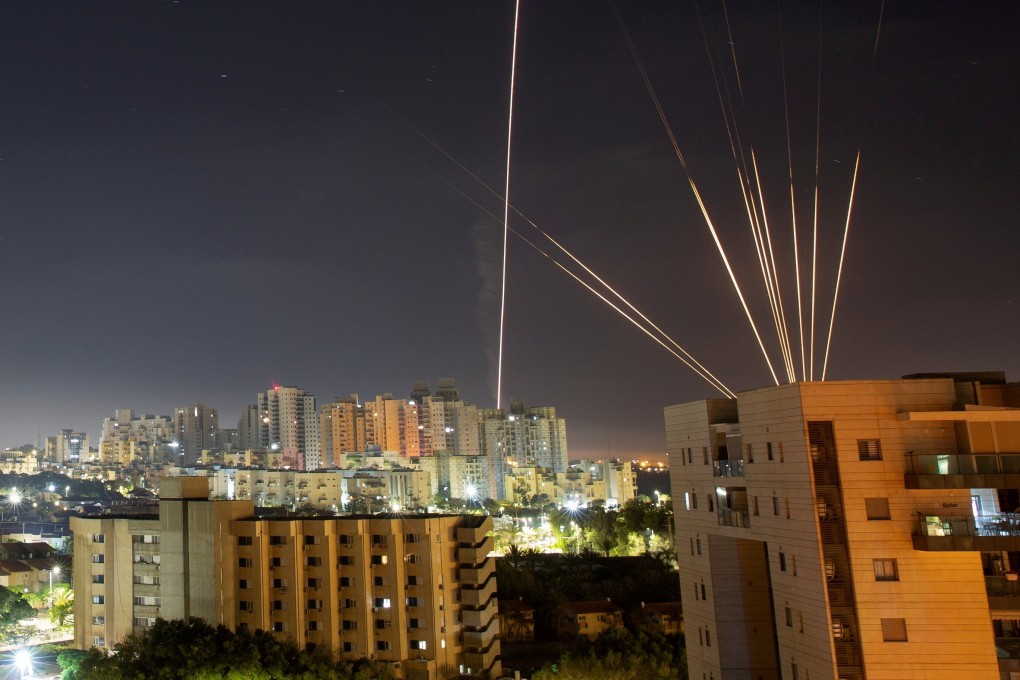Israel-Gaza crisis an opportunity for China to position itself as peace broker
- Beijing’s offer to host talks between Israelis and Palestinians is also a chance to seize moral high ground from the US, observers say
- But the Middle East is not likely to become another arena for US-China rivalries

Hours after the Egypt-brokered ceasefire took effect on Friday morning, Beijing touted its own contribution to the truce between Israel and the Islamist group Hamas, and called for a return to the stalled peace talks.
China appears keen to position itself as an alternative peace broker, basking in the unusual limelight and capitalising on the failures of the US – a key ally to Israel – to resolve one of the oldest disputes in the Middle East.
The 11-day conflict, the fourth since Hamas took control of the Gaza Strip in 2007, killed at least 230 Palestinians and 12 in Israel, and left more than 8,500 people injured in Palestinian areas, the World Health Organization said.
The situation remains tense as intermittent clashes were reported in Israeli-occupied east Jerusalem and at the crossing point between Jerusalem and the West Bank.